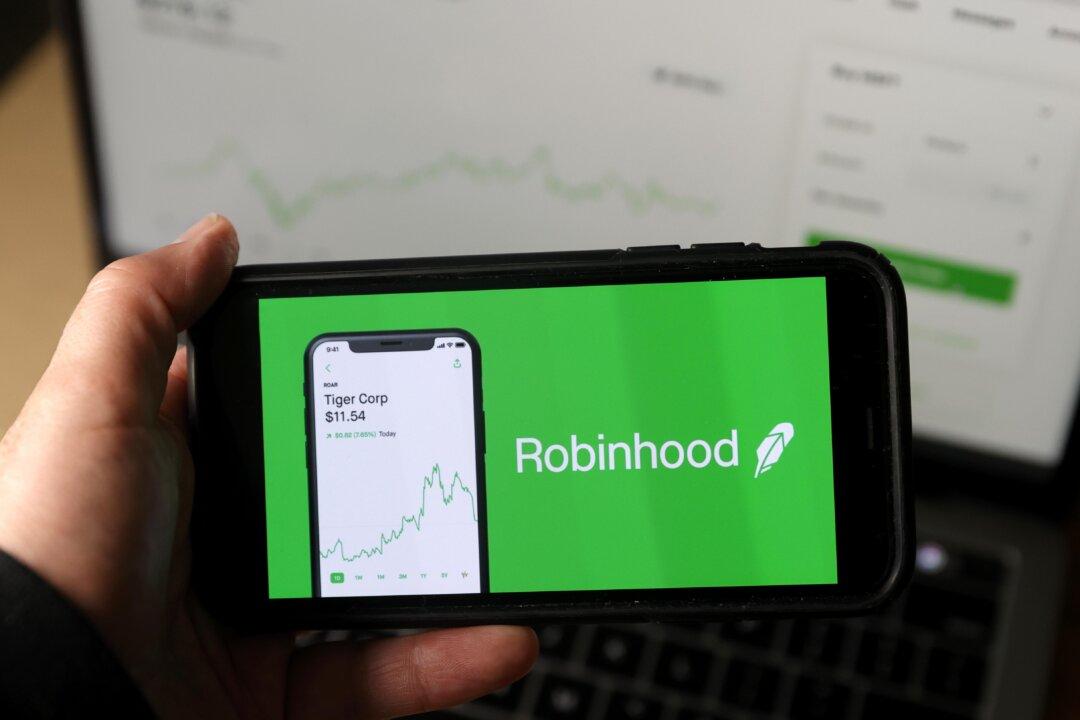Small stock investors are fighting against broker platforms that have banned retail investors from buying certain stocks, including those of Gamestop (ticker: GME), which has been used by many small investors as a vehicle to force a short squeeze on hedge funds that aggressively shorted the video game retailer’s stock.
The investors are accusing online stock trading platforms such as Robinhood of manipulating the market in favor of the hedge funds. The platforms stated that they shut down purchases of GameStop and several other stocks due to “volatility” in the markets.





